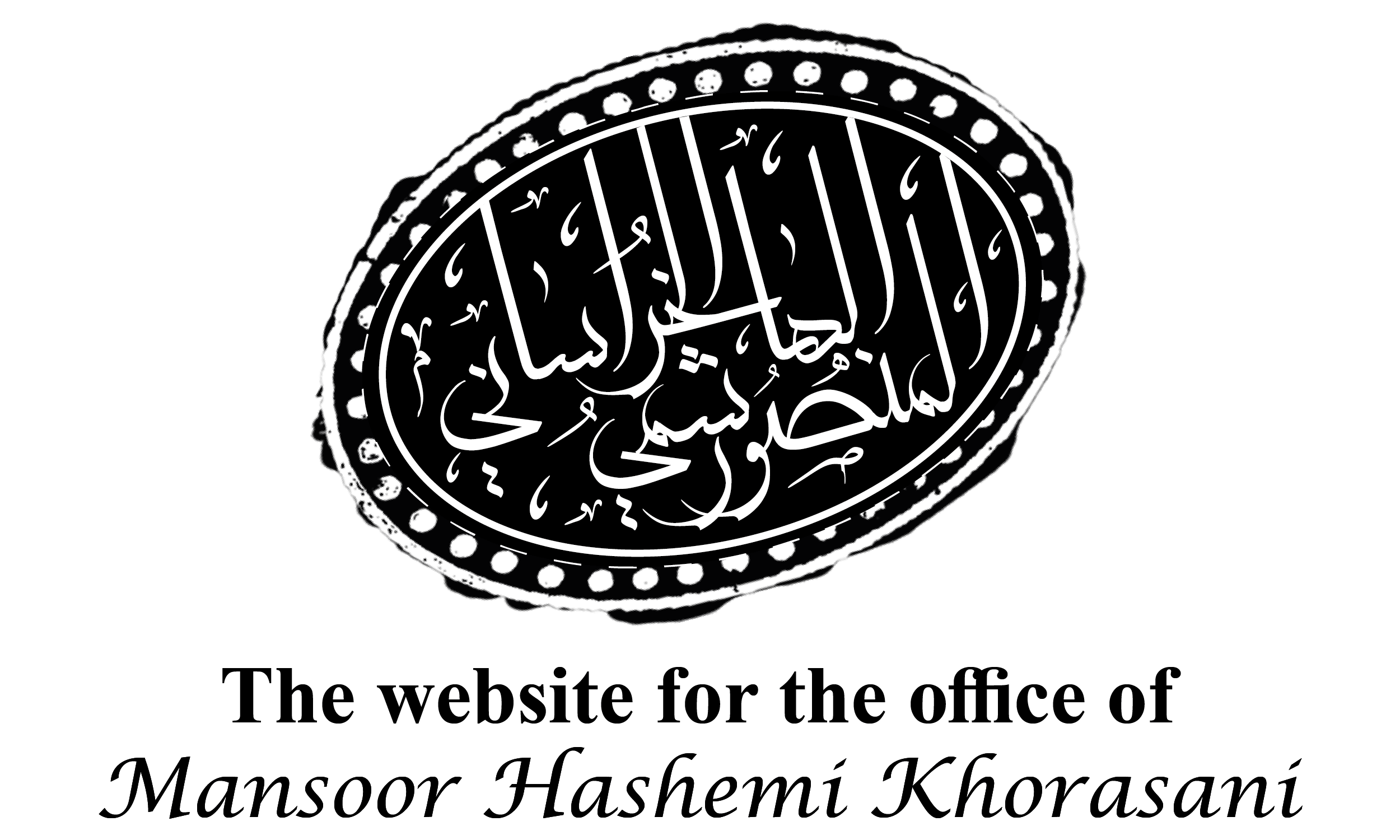| Author: Behnam | Date: 2015-06-03 |
1 . if Zakat was to be forbidden for Bani Hashim, would God not emphasize on it in the Quranic verses? This family did not accept Zakat in the beginning era of Islam, was that not a sign of their piety and contentment?
2 . Prove that the three-sixth of the Khums which is given to orphans and the needy and wayfarers, all of them must be from the Hashemi’s family.
3 . Is paying Khums and Zakat in accordance with other Quranic judicial commands whose establishments are contingent upon rulership of Caliph of God on earth?
| Answer to question: 0 | Date: 2015-06-04 |
The answers to your questions are as follows:
1 . Zakat is forbidden for Bani Hashim based on the Mutawatir Sunnah and it is unanimously consented among Muslims of all sects; such as people like Sharif Murtaza[1], Ja’far ibn Hassan, known as Muhaqiq Helli[2], Hassan ibn Yusuf ibn Mutahhar, known as Allamah Helli[3], Zayn Al-Din ibn Ali, known as Shahid Thani[4], and others from the Imamiyeh and Ahmad Murtaza[5], and others from the Zaidiyyah and Nouvi[6], Ibn Qudamah[7], Ibn Hajar[8], Bahwati[9], Shukani[10] and others from the Sunni, have admitted the agreement of Muslims upon this and therefore, it is not related to piety and contentment of this family; because God and His Prophet have forbidden Zakat to them, they did not do that themselves with their own will; given that God and His Prophet did not like them to eat from the residue of people’s wealth and this can be one of the secondary concepts of the Tat’hir verse that has said: ﴿إِنَّمَا يُرِيدُ اللَّهُ لِيُذْهِبَ عَنْكُمُ الرِّجْسَ أَهْلَ الْبَيْتِ وَيُطَهِّرَكُمْ تَطْهِيرًا﴾[11]; “There is no counter to the fact that God is willing to remove all impurities from you, O’ the household of the Prophet and to make you completely pure!”; considering that eating from the residue of people’s wealth is a kind of “impurity”; as it can be one of the secondary concepts of the Mawaddah verse that has said: ﴿قُلْ لَا أَسْأَلُكُمْ عَلَيْهِ أَجْرًا إِلَّا الْمَوَدَّةَ فِي الْقُرْبَى ۗ﴾[12]; “Tell them that I do not demand from you any compensation unless the amity to my relatives”; Considering that paying the precious portions of their wealth to them instead of its residue, is considered amity to them. Yes, their use of Zakat in case of need and inadequacy of Khums as well as paying Zakat from some of them to others, is permissible and this can mean the generalization of Zakat verse and its non-assignment to them; because they are also allowed to receive Zakat in general and only its quantity and method is limited by the Mutawatir Sunnah; just as quantity and method of prayer, fasting, and Hajj has been limited by the Mutawatir Sunnah.
2 . The truth is that the meaning of orphans and the needy and wayfarers in the Khums verse, as his honor Mansoor Hashemi Khorasani has said, are the orphans and the needy and the wayfarers from Hashemi family only; because firstly they have been immediately mentioned next to the Prophet’s relatives and this can stem from their similarity in being close to the Prophet and also from a perspective of mentioning the particular after mentioning the general; Secondly, God has already allocated Zakat for the non-Hashemi orphans and the needy and wayfarers and therefore, there is no reason to also allocate Khums for them, whereas He has forbidden Zakat for the orphans and the needy and wayfarers from Hashemi family and therefore, it is appropriate to allocate Khums for them as a substitute for that; thirdly, allocation of three-sixth from Khums to the orphans and the needy and the wayfarers from Hashemi family is the word of the Prophet’s household and their words are proof based on the Mutawatir narration of Thaqalayn.
3. Payment of Khums and Zakat is not one of the Islamic penalties, rather it is from obligatory commandments of Islam such as prayer, fasting and Hajj, and since it is based on the Holy Quran and the Mutawatir Sunnah, practicing it, is not considered action based on conjecture and hence it is obligatory. Yes, paying the other three-sixth of Khums that belongs to God’s Caliph from Bani Hashim, is not practical at the time of his absence, and therefore, not paying it for those who are not at fault with regards to his absence, such as the helpers of his honor Mansoor, is forgiven; as many narrations about forgiveness for those like them have arrived[13], but if those who are guilty with regards to his absence like other people, do not pay it, it is considered a sin for them. However, helpers of his honor Mansoor, pay the Imam’s share of Khums to his honor Mansoor so that he can spend it in the way of preparing the grounds for Mahdi’s advent; regarding the fact that if they would pay it to Mahdi at this time, he would definitely spend it for preparation of the grounds for his reappearance and this is a path that God has opened for them by His mercy so that they can seek closeness to Him through that; because He guides whoever He wishes toward Himself.
